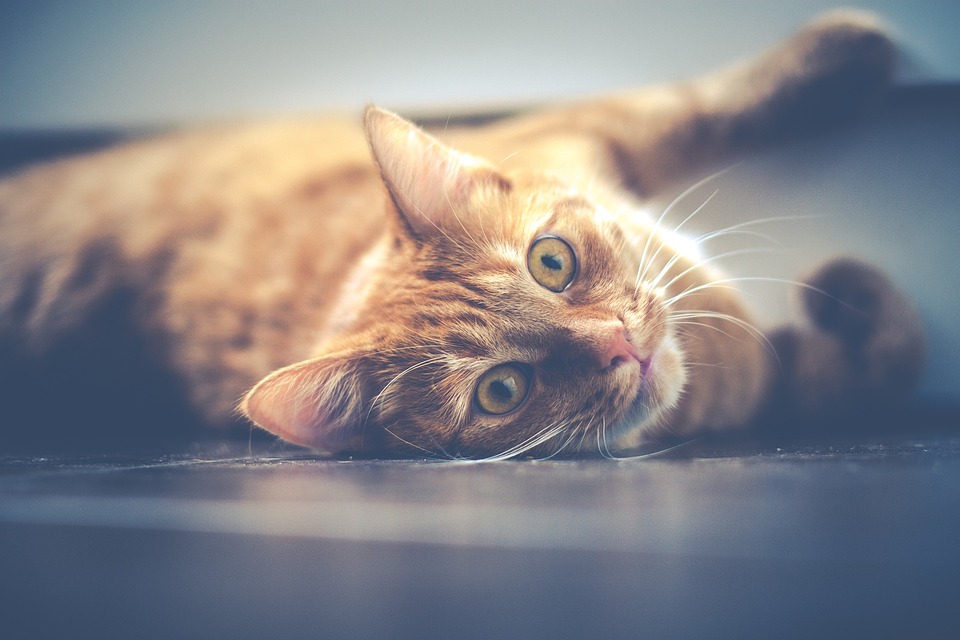Excessive meowing in cats can be a cause for concern for many pet owners. While occasional meowing is normal, persistent and excessive meowing may indicate an underlying issue that needs attention. In this article, we will explore the various reasons behind excessive meowing in cats and provide insights on how to address them.
Firstly, it is important to distinguish between normal meowing behavior and excessive meowing. Normal meowing includes communication for basic needs such as hunger, thirst, or to seek attention. Excessive meowing, on the other hand, is characterized by an increase in frequency, duration, and intensity. This may be accompanied by other signs of distress such as pacing, restlessness, or changes in appetite or litter box habits.
One common reason for excessive meowing in cats is hunger or thirst. Cats may meow excessively when they are hungry or thirsty. It is important to identify signs of hunger or thirst, such as begging for food or water, constantly following the owner to the kitchen or water source, or attempting to eat from other sources. Establishing a feeding routine and providing fresh water at all times can help address this issue.
Medical issues can also cause excessive meowing in cats. Conditions such as hyperthyroidism, urinary tract infections, or dental problems can lead to discomfort or pain, resulting in increased vocalization. If excessive meowing is accompanied by other signs such as weight loss, lethargy, or changes in behavior, it is important to seek veterinary assistance. Common medical treatments for excessive meowing may include medications, dietary changes, or dental procedures.
Stress or anxiety can also be a reason behind excessive meowing in cats. Cats are sensitive creatures and changes in their environment or routine can cause stress. Identifying stressors, such as new pets, loud noises, or changes in the household, is important in addressing this issue. Implementing stress-reducing techniques such as providing hiding spots, pheromone diffusers, or engaging in playtime can help alleviate stress. Environmental enrichment, such as interactive toys or scratching posts, can also provide mental stimulation and reduce excessive meowing.
Attention-seeking behavior is another common reason for excessive meowing in cats. Cats may meow to seek attention from their owners, especially if they feel lonely or bored. Understanding their need for attention and providing a balance between attention and independence is important. Engaging in positive reinforcement training, where desired behaviors are rewarded, can also help redirect attention-seeking meowing.
Aging or cognitive decline can also lead to excessive meowing in cats. As cats get older, they may experience physical or cognitive changes that can cause confusion or anxiety. Excessive meowing can be a symptom of these changes. Providing extra care for senior cats, such as regular vet check-ups, a comfortable environment, and a consistent routine, can help alleviate excessive meowing. Environmental adaptations such as providing ramps or litter boxes with lower sides can also make it easier for older cats to navigate their surroundings.
In conclusion, excessive meowing in cats should not be ignored, as it could indicate an underlying problem. By understanding the various reasons behind excessive meowing, pet owners can take appropriate measures to address the issue and improve their cat’s overall well-being. Remember, if you are concerned about your cat’s excessive meowing, it is always best to consult with a veterinarian for a proper diagnosis and guidance.








